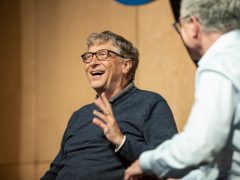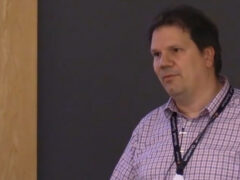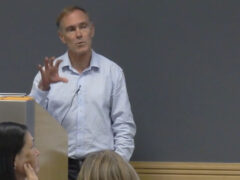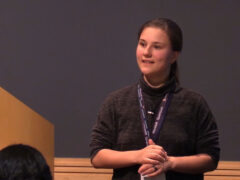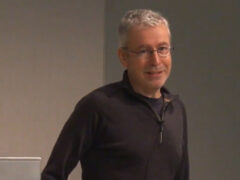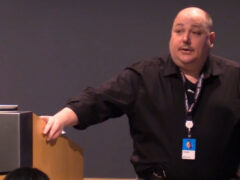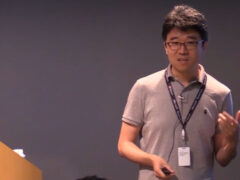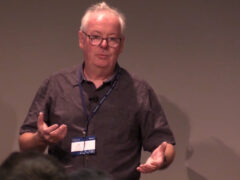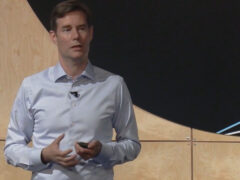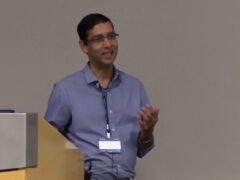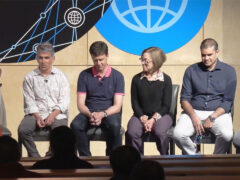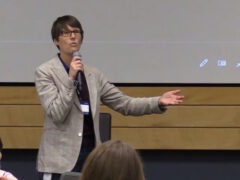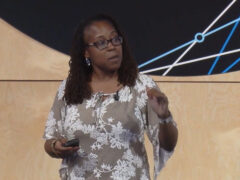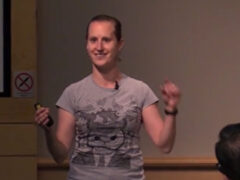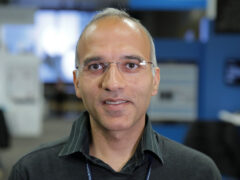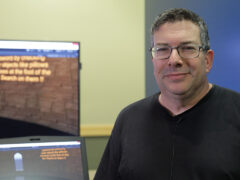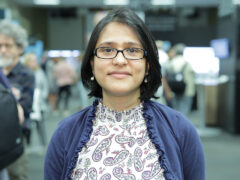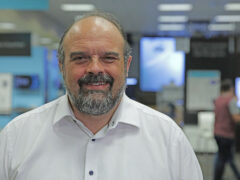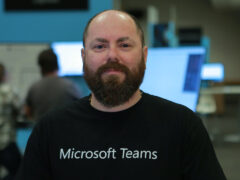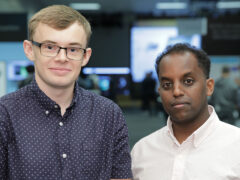Free Inference and Instant Training: Breakthroughs and Implications
The fact that many commonly used networks take hours to days for training has motivated recent research towards reducing training time. On the other hand networks, once trained, are heavyweight dense linear algebra computations, usually requiring expensive acceleration to execute in real time. However, recent advances in algorithms, hardware, and systems have broken through these barriers dramatically. Models that took days to train are now reported to be trainable in under an hour. Further, with model optimization techniques and emerging commodity silicon, these models can be executed on the edge or in the cloud at surprisingly low energy and dollar cost. This session will present the ideas and techniques underlying these breakthroughs and discuss the implications of this new regime of “free inference and instant training.”
Speaker Bios
- Date:
- Haut-parleurs:
- Vivienne Sze, Geoff Gordon, Matthai Philipose, Amar Phanishayee, Christopher Re, Michael Jordan
- Affiliation:
- Carnegie Mellon
-
-

Amar Phanishayee
Senior Principal Researcher
-

Matthai Philipose
Senior Principal Researcher
-
-
Taille: Microsoft Research Faculty Summit
-
-
Quantum Computing and Workforce, Curriculum, and Application Development: Case study
Speakers:- Krysta M. Svore,
- Martin Roetteler
-
-
-
-
Crowd, Cloud and the Future of Work: Updates from human AI computation
Speakers:- Besmira Nushi,
- Vani Mandava
-
-
-
-
-
Empowering People to Achieve More: How Useful a Concept is Productivity?
Speakers:- Brendan Murphy
-
-
Productivity in Software Development
Speakers:- Neel Sundaresan,
- Margaret-Anne Storey,
- Prem Kumar Devanbu
-
-
-
-
-
-
-
Accessible Virtual Reality
Speakers:- Eyal Ofek
-
Calendar.help: A Virtual Meeting Scheduling Assistant
Speakers:- Pamela Bhattacharya
-
Visual Studio IntelliCode
Speakers:- Mark Wilson-Thomas
-
Microsoft Teams: Collaborate with Any Researcher Anywhere
Speakers:- Jethro Seghers
-
Project Alava: Programming Webs of Microcontrollers
Speakers:- James Devine,
- Teddy Seyed
-
AI in PowerPoint
Speakers:- Kostas Seleskerov

